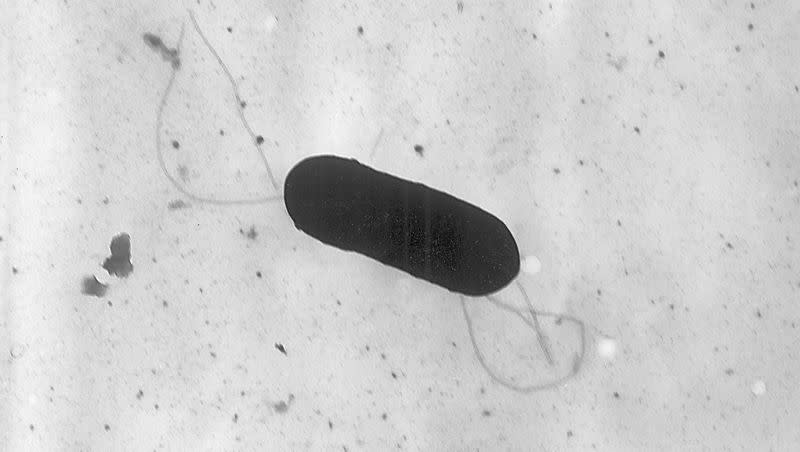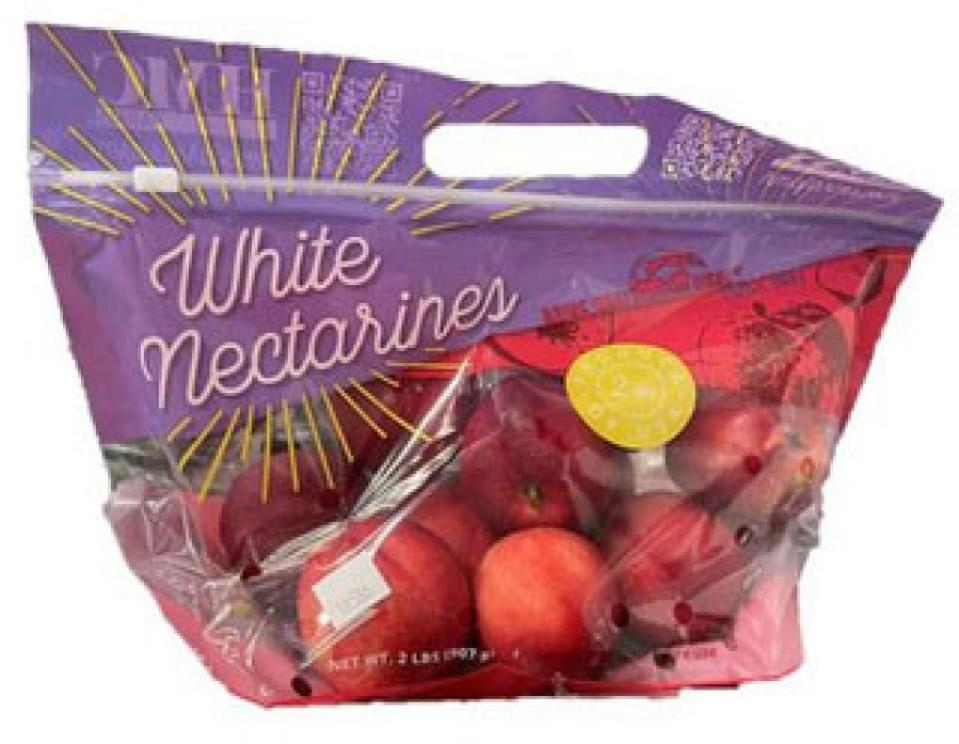Consumers should check freezers for peaches, nectarines and plums tied to listeria outbreak

HMC Farms pit fruit — including peaches, plums and nectarines — sold weeks or even many months ago but still possibly in someone’s freezer are being recalled because of potential contamination with listeria monocytogenes.
The recall does not include organic fruit. And the peaches, plums and nectarines now on sale at stores are not being recalled.
Listeria can cause serious and sometimes deadly infections in young children, frail or elderly people and those who are immune-compromised. The Centers for Disease Control and Prevention said that the outbreak caused at least 11 illnesses in seven states, including 10 people in the hospital and one death. CNN added that a pregnant person who became ill went into early labor.
The warnings are being posted about the pit fruit as an investigation into salmonella-contaminated cantaloupe continues and that recall expands. Two people died and at least 99 others have been made ill in that outbreak, which has spread to 32 states, according to a different CDC announcement.
It said the recalled cantaloupe may have stickers labeled “Rudy” or “Malichita” with the number 4050 and “Product of Mexico/produit du Mexique.”

Pitted fruit recall details
According to a company announcement posted by the U.S. Food and Drug Administration, the fruit was sold through major retailers between May 1 and Nov. 15 in both 2022 and 2023. The announcement notes that fruit is no longer being sold but people may have frozen the recalled fruit for later use.
Per the bulletin, “Healthy individuals may suffer only short-term symptoms such as high fever, severe headache, stiffness, nausea, abdominal pain and diarrhea.” It notes that Listeria infection can result in miscarriages and stillbirths among pregnant women.
So far, the recalled peaches have been linked to an outbreak of listeriosis that has made at least 11 people sick.
The fruit was sold individually with PLU stickers labeled USA-E-U and the numbers 4044, 4038, 4401, 4036, 4378, 3035, 4042, and 4040. The recall also includes HMC Farms-branded bags of peaches, plums or nectarines and Signature Farms-branded bags labeled with 6359 on a white sticker on the bag, per the FDA’s recall page.
It said the fruit was sold at stores including Walmart, Sam’s Club, Albertsons, Lucky, Safeway, Publix, Aldi and Sprouts Farmers Market, among others in pretty much every state.
Besides telling people who may have the fruit frozen or preserved somewhere to discard it, the FDA says to “use extra vigilance in cleaning and sanitizing any surfaces and containers that may have come in contact with the recalled fruit to reduce the risk of cross-contamination. This includes baking or canning tools, cutting boards, knives, countertops, refrigerators, freezers and storage bins.”

